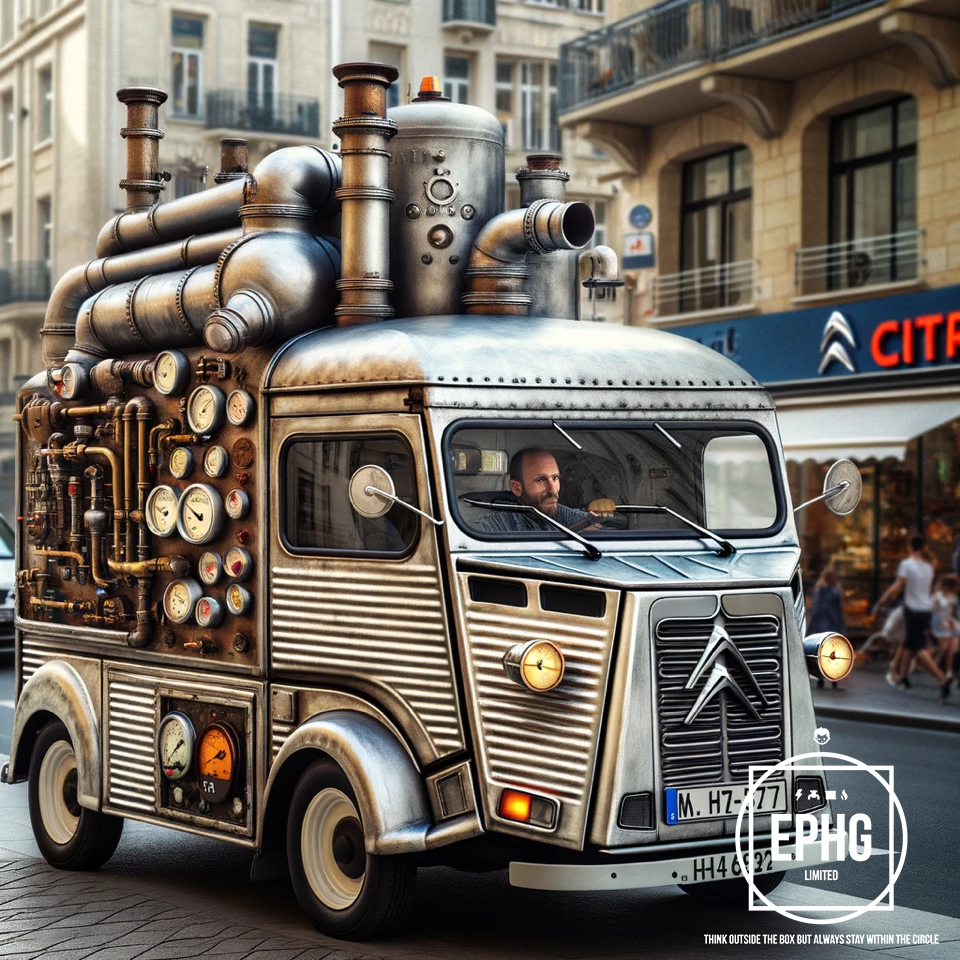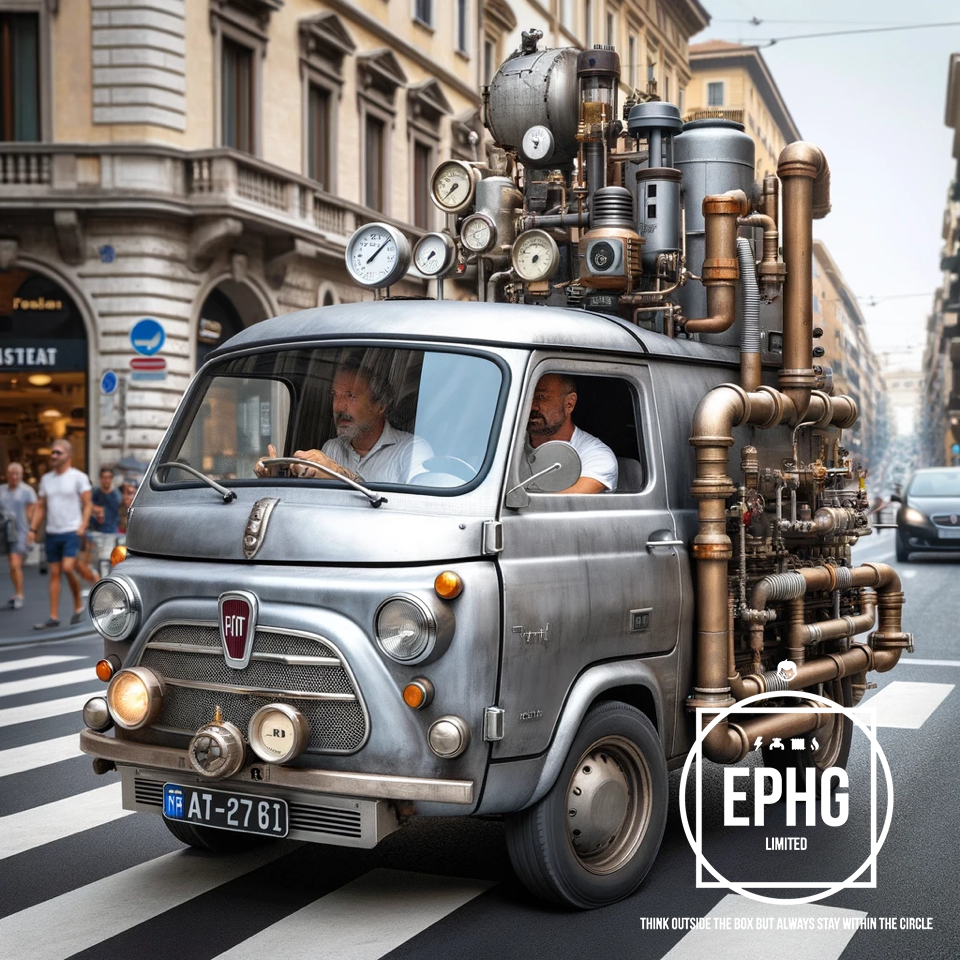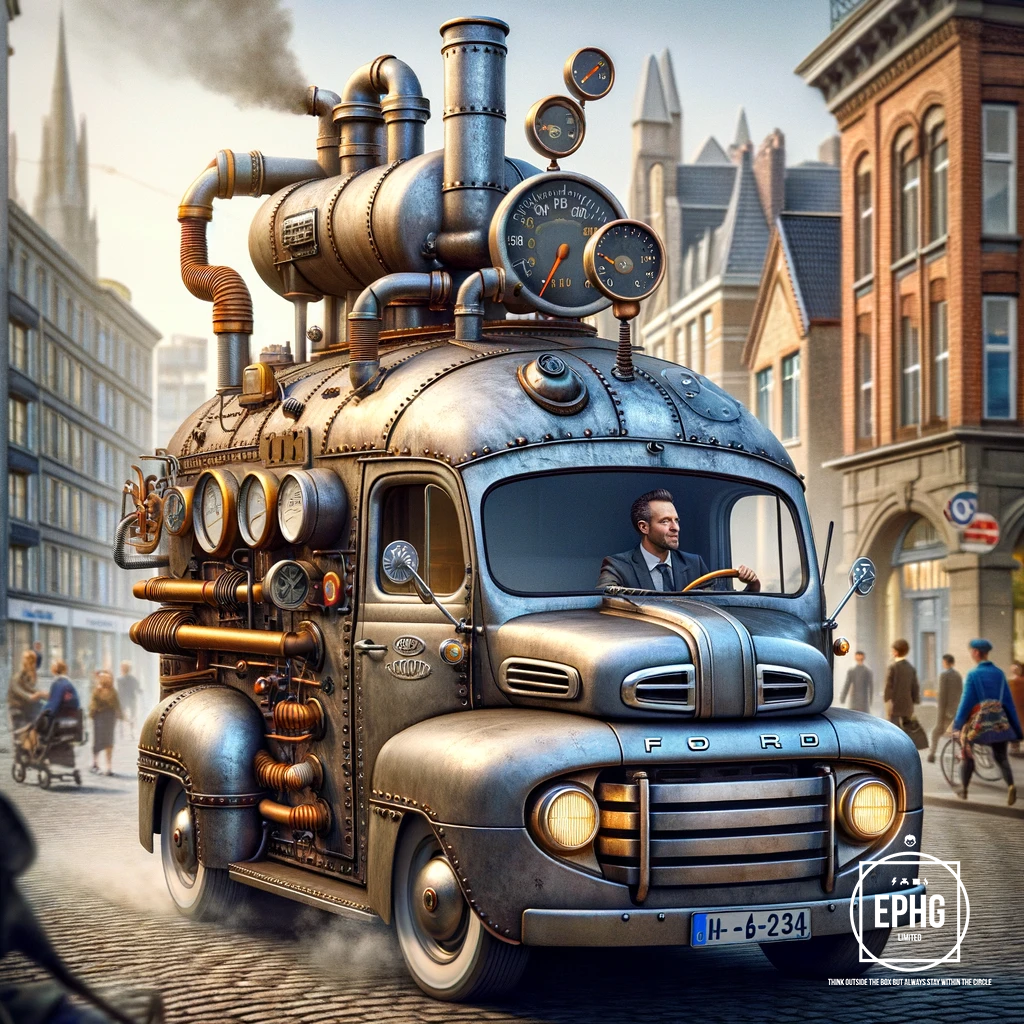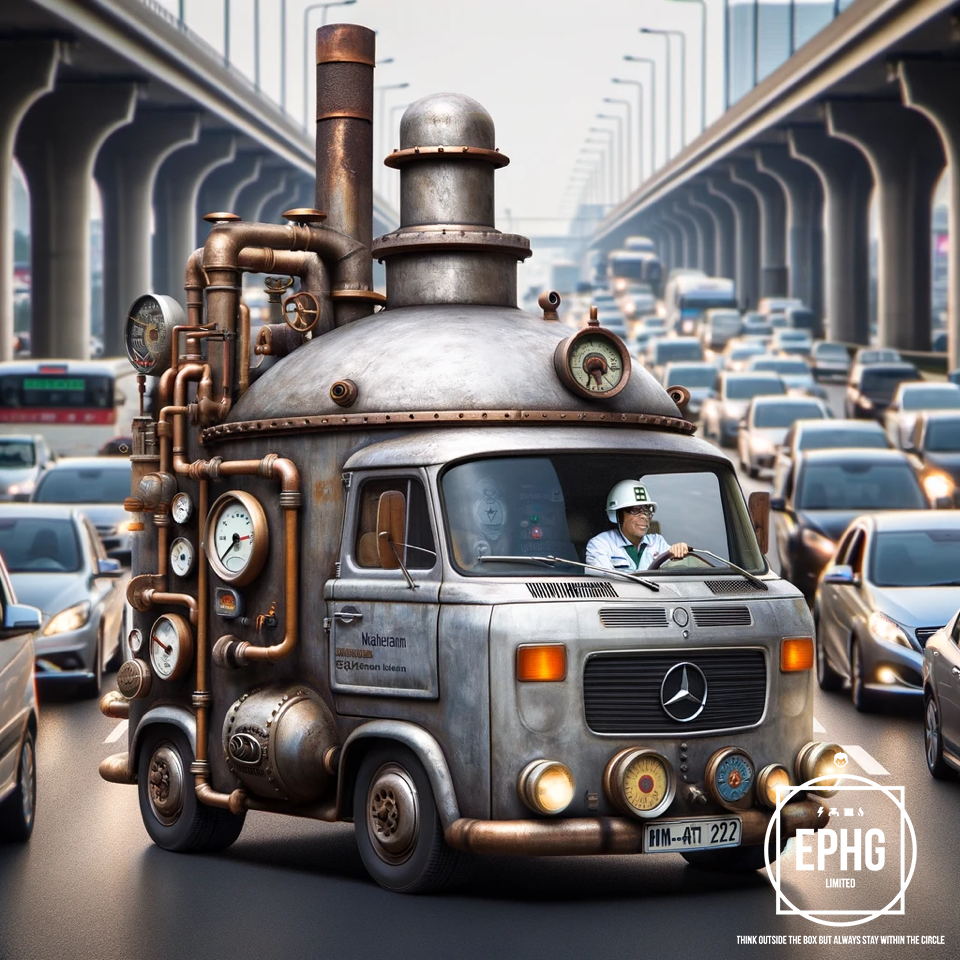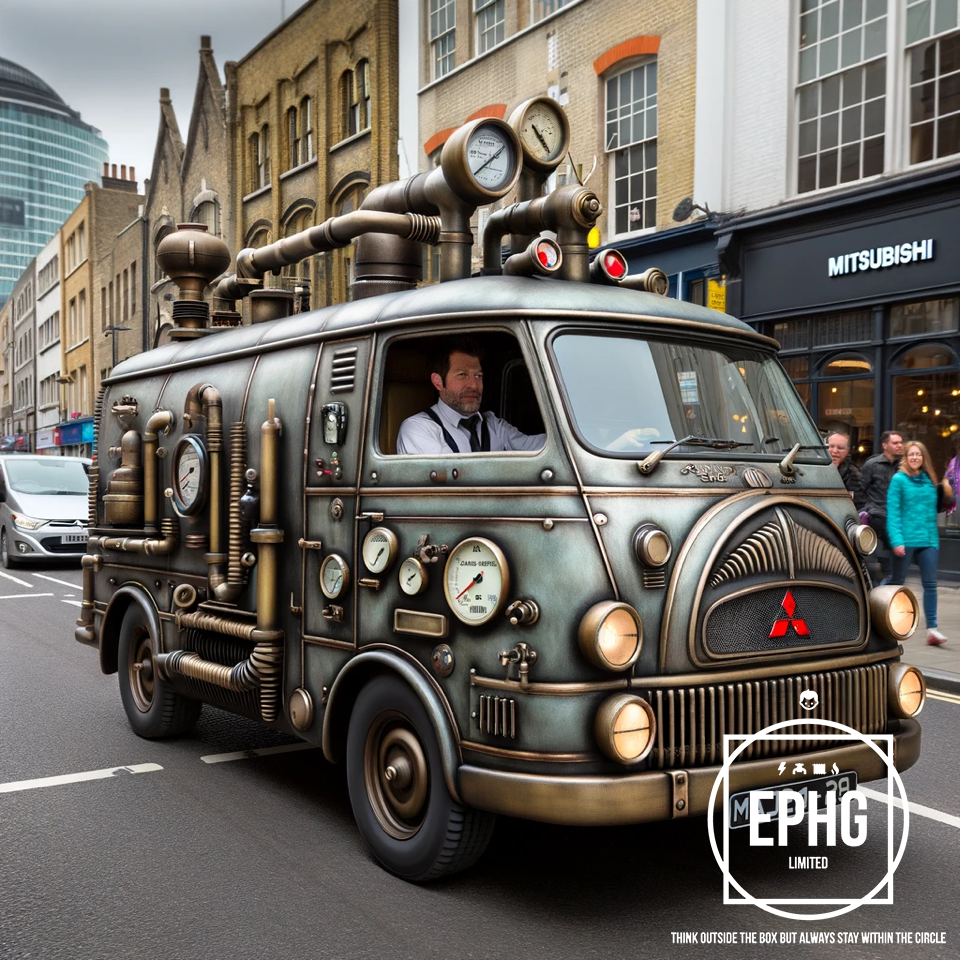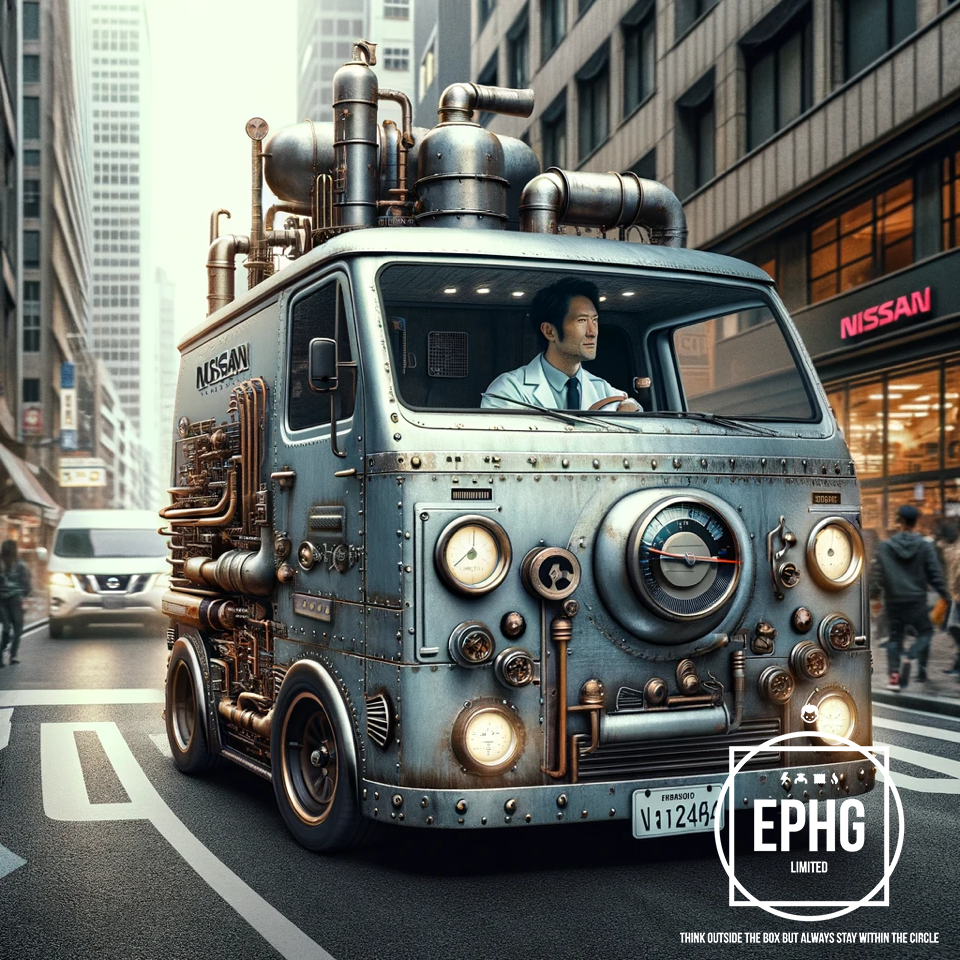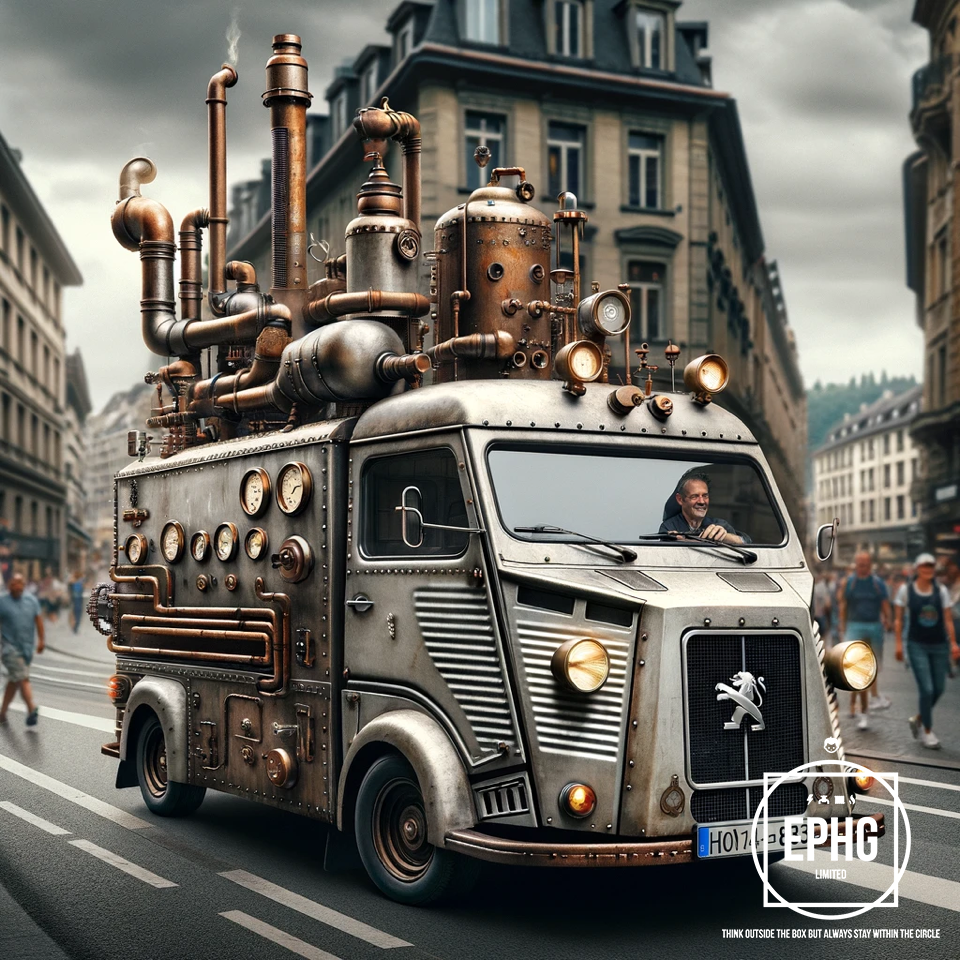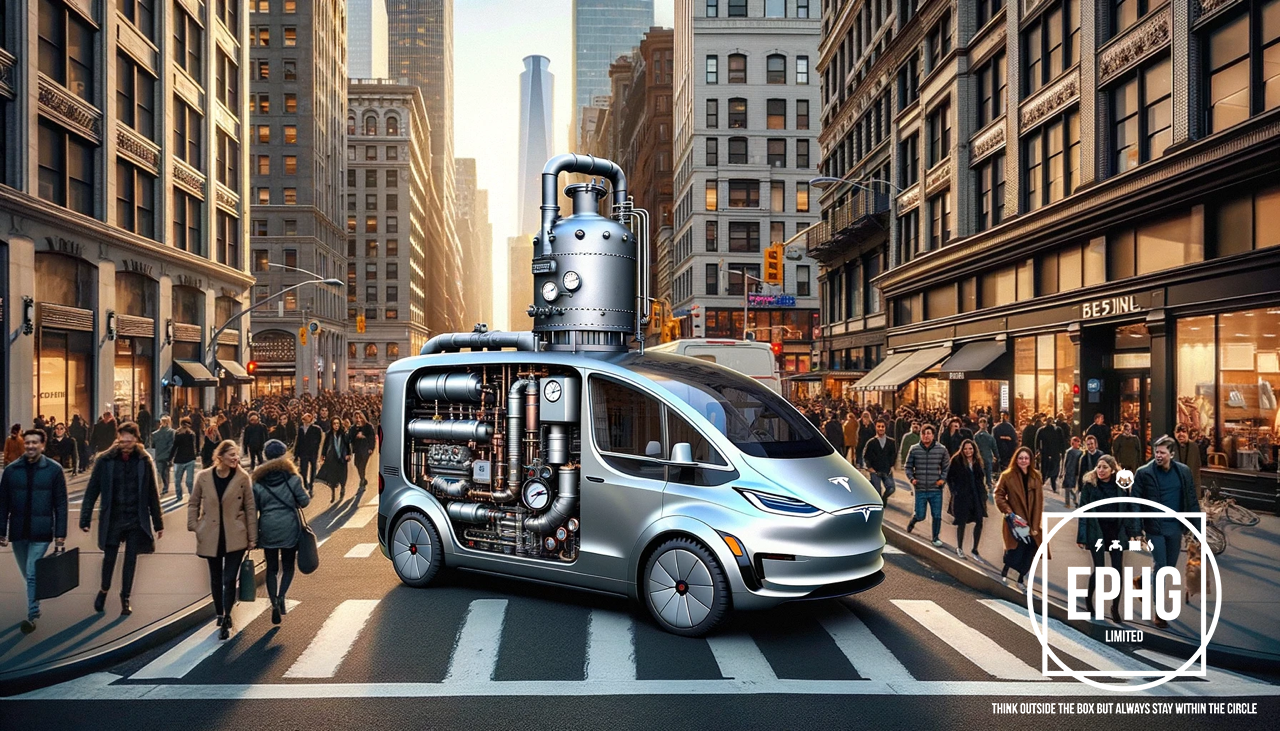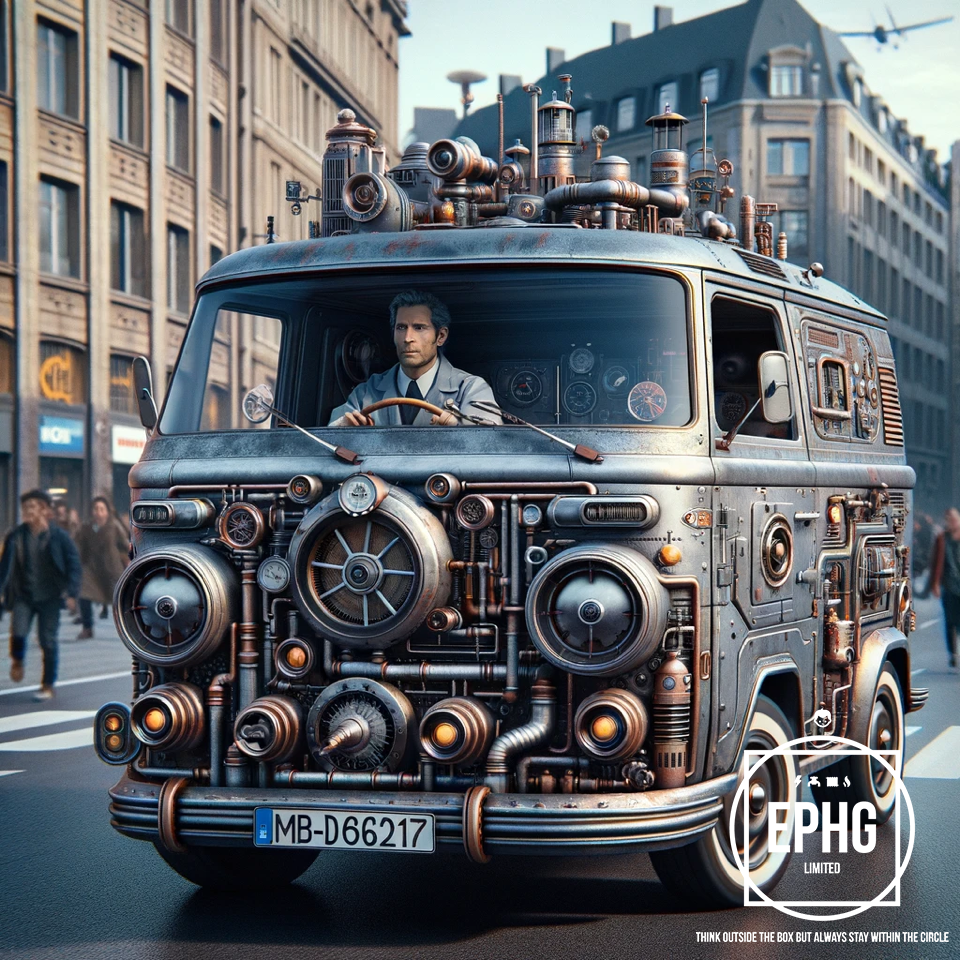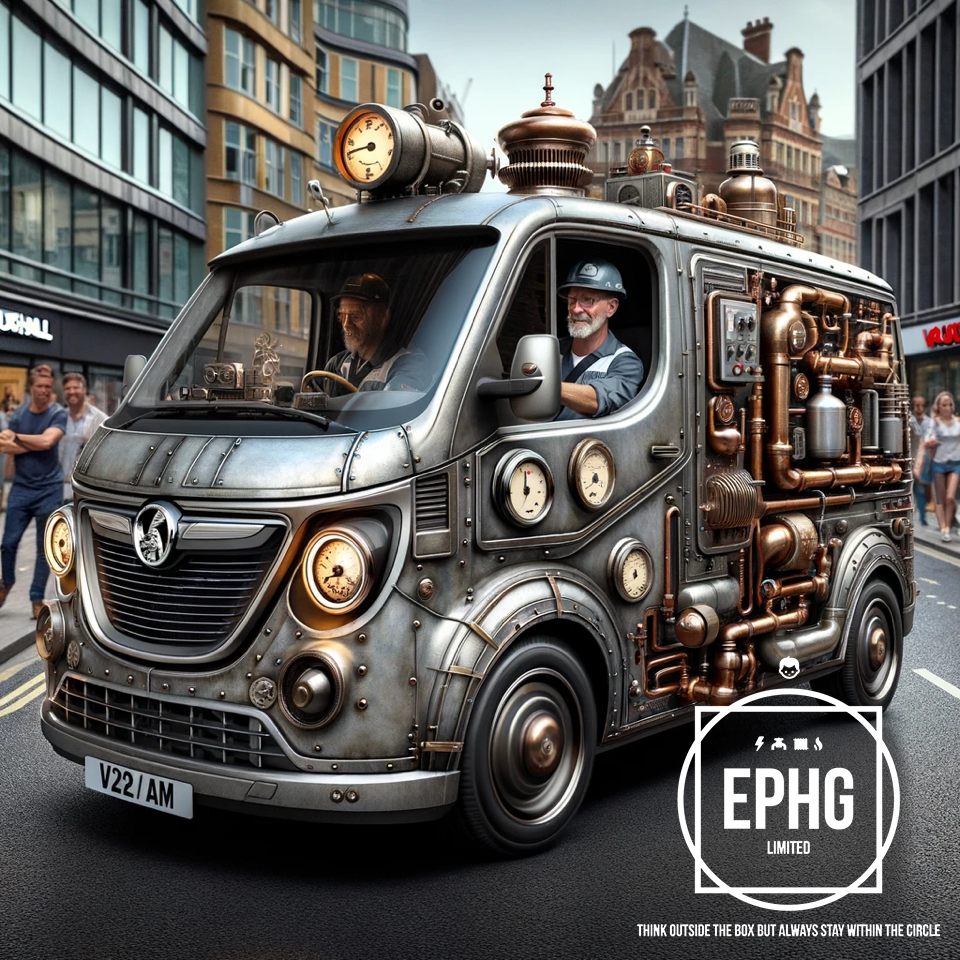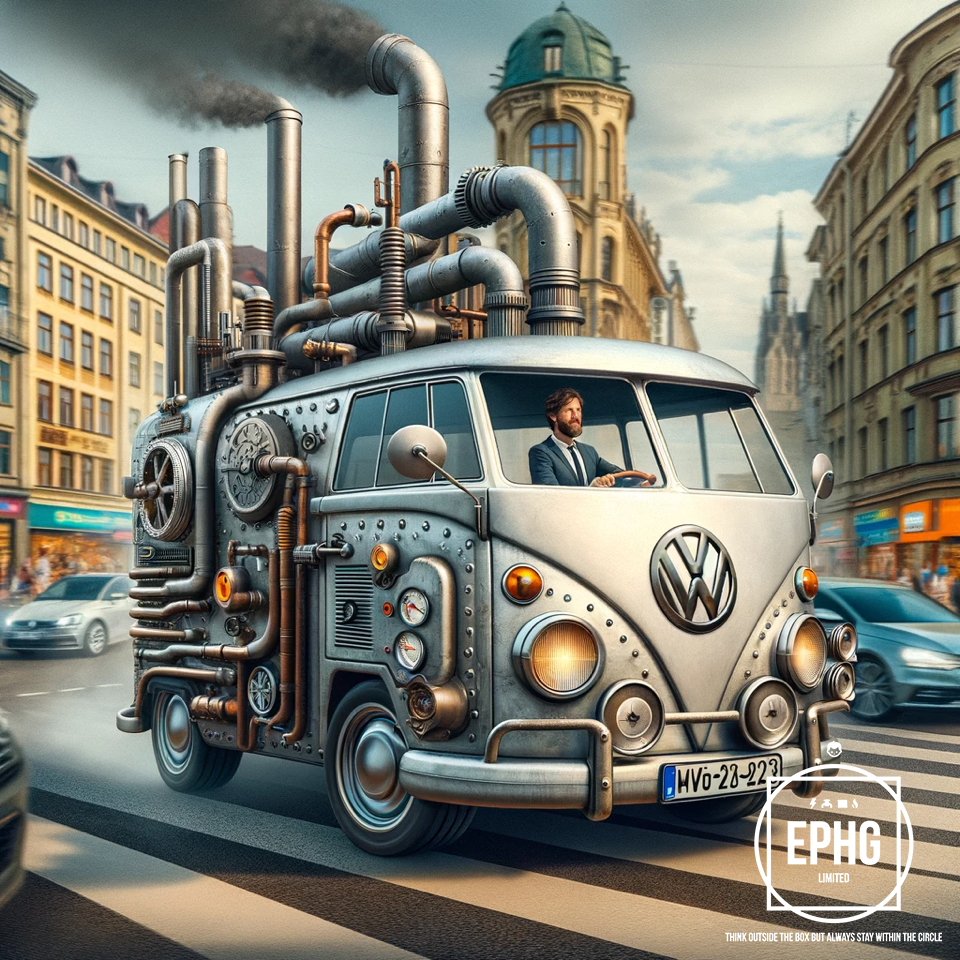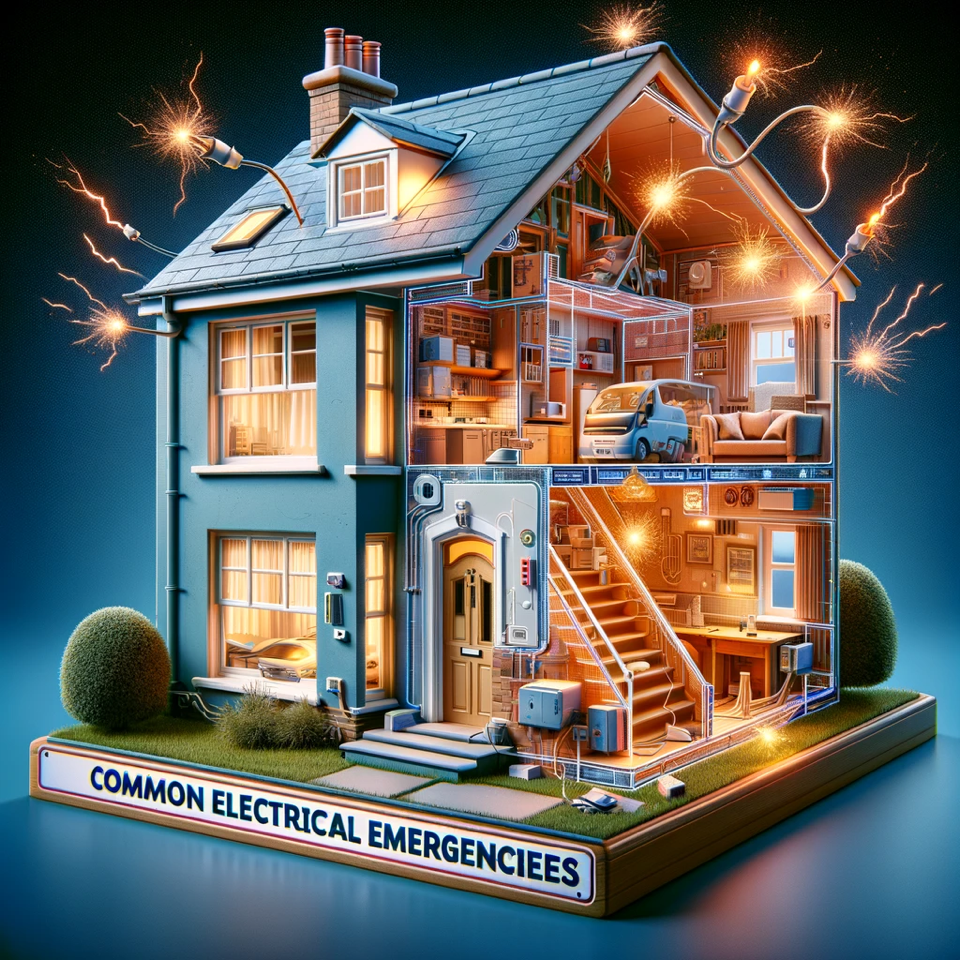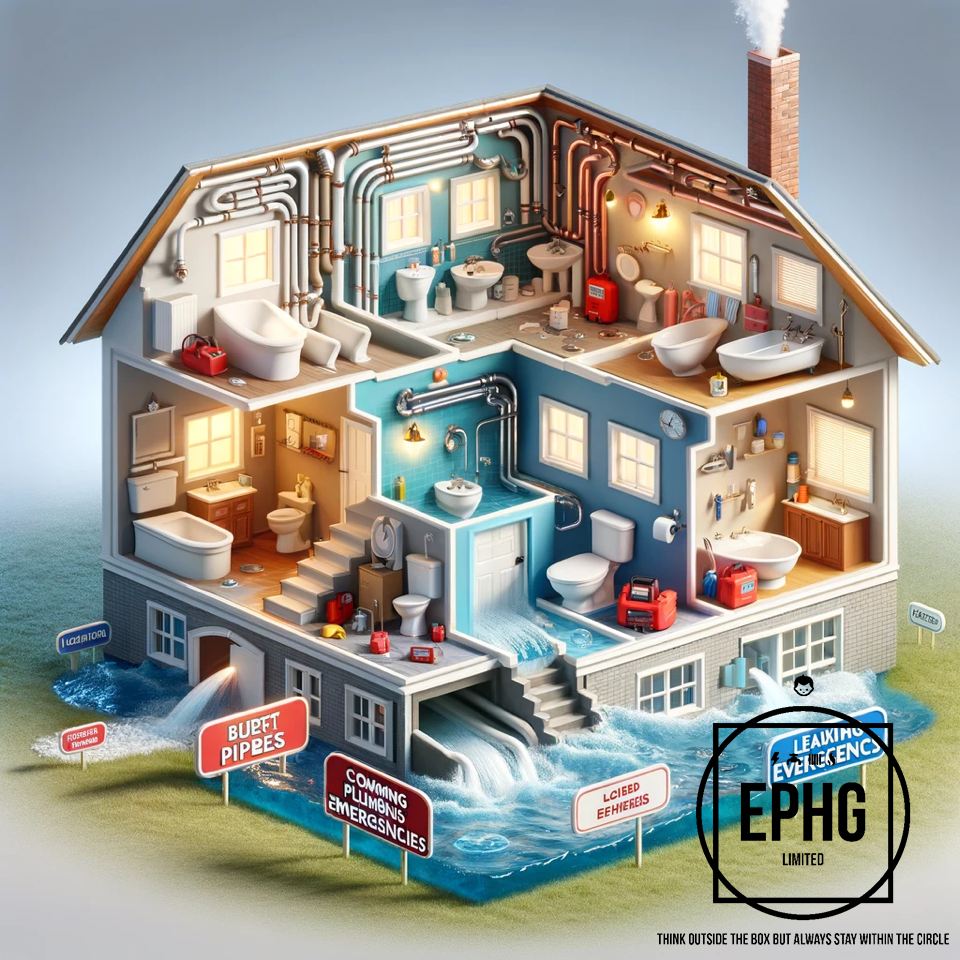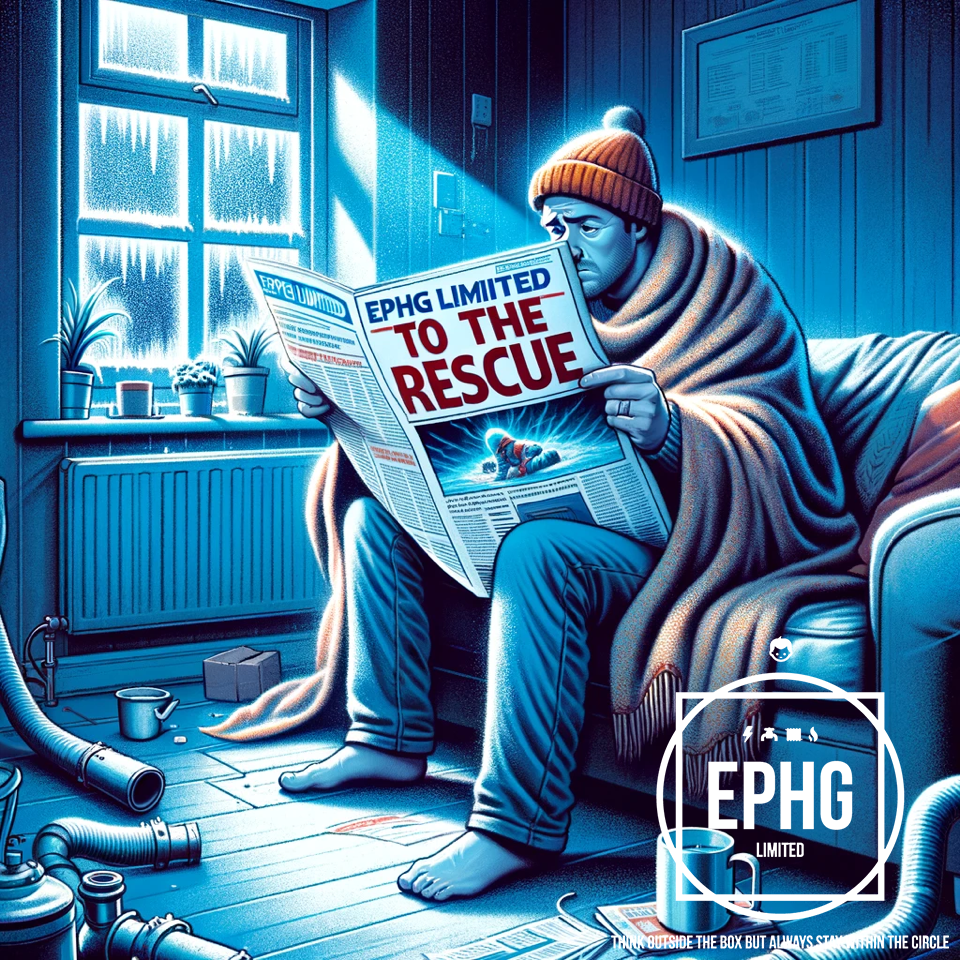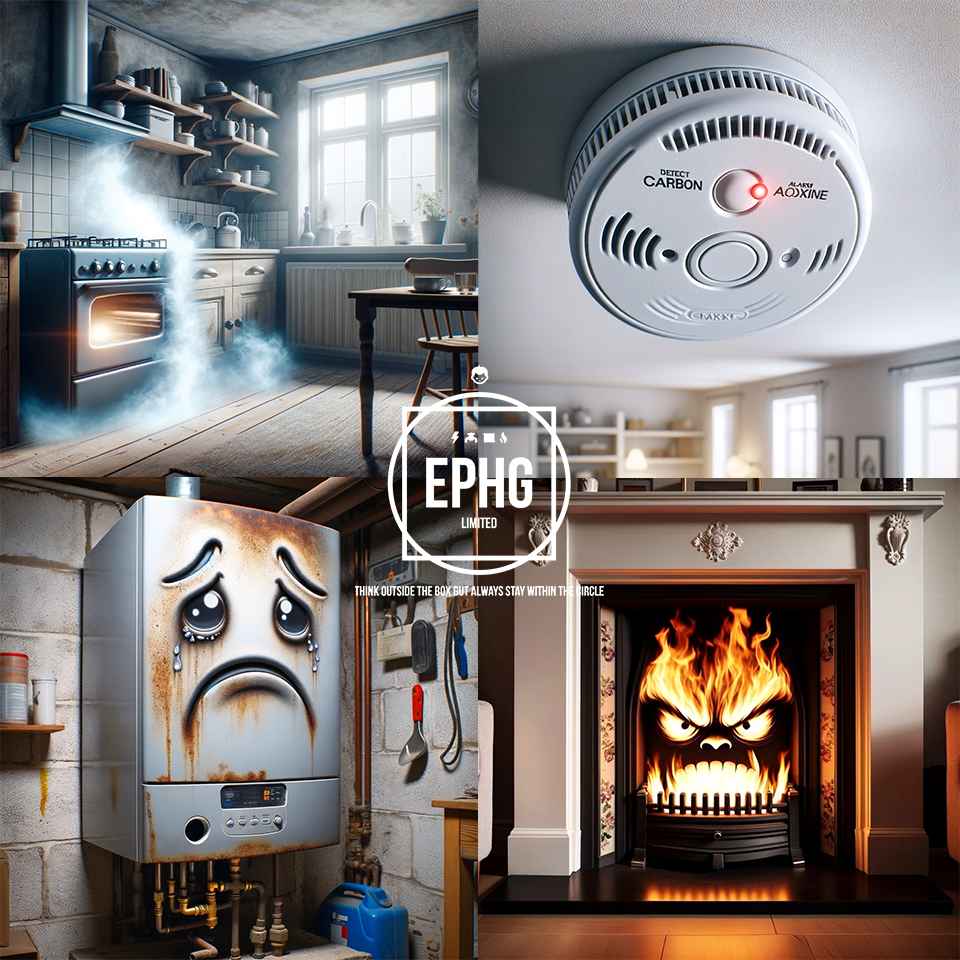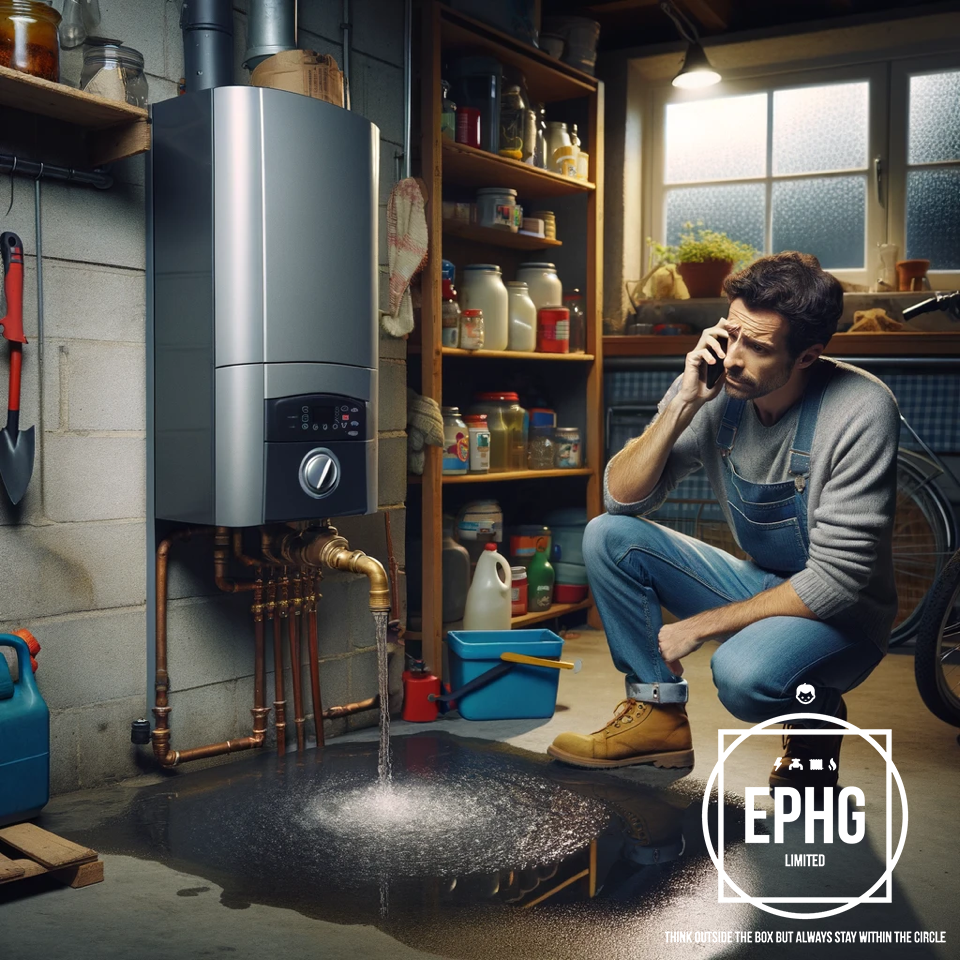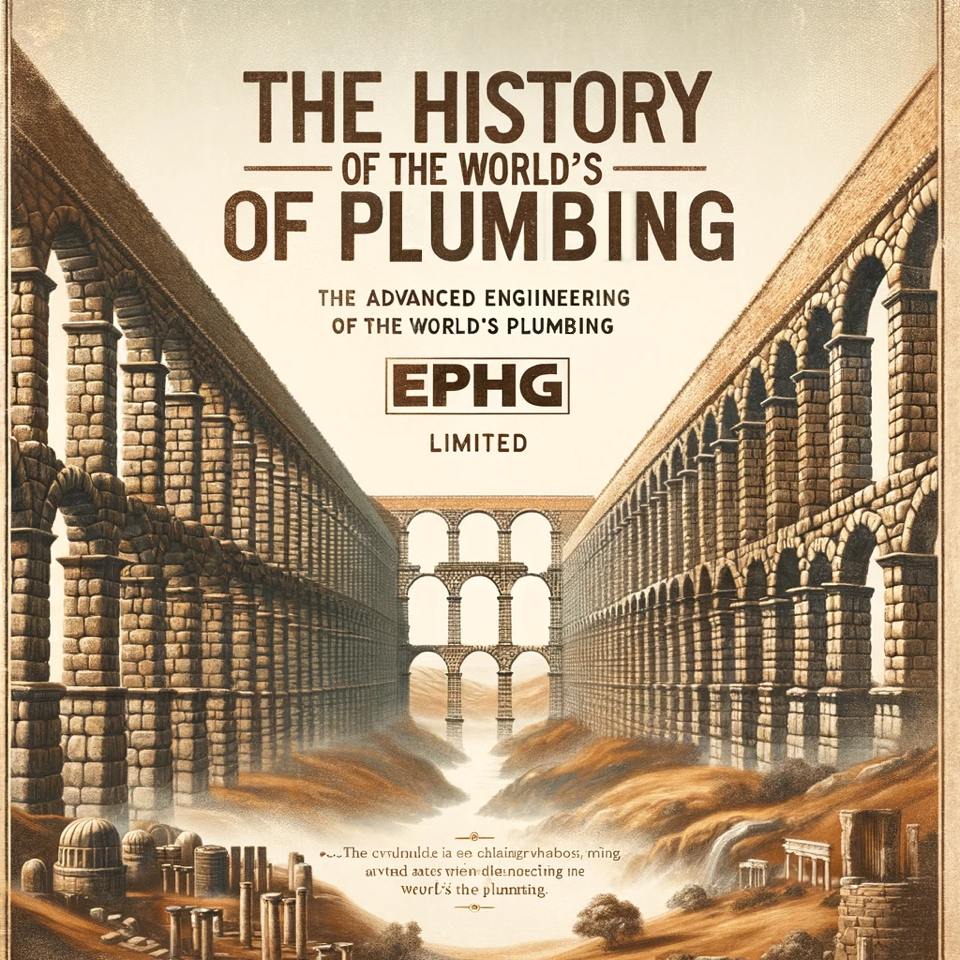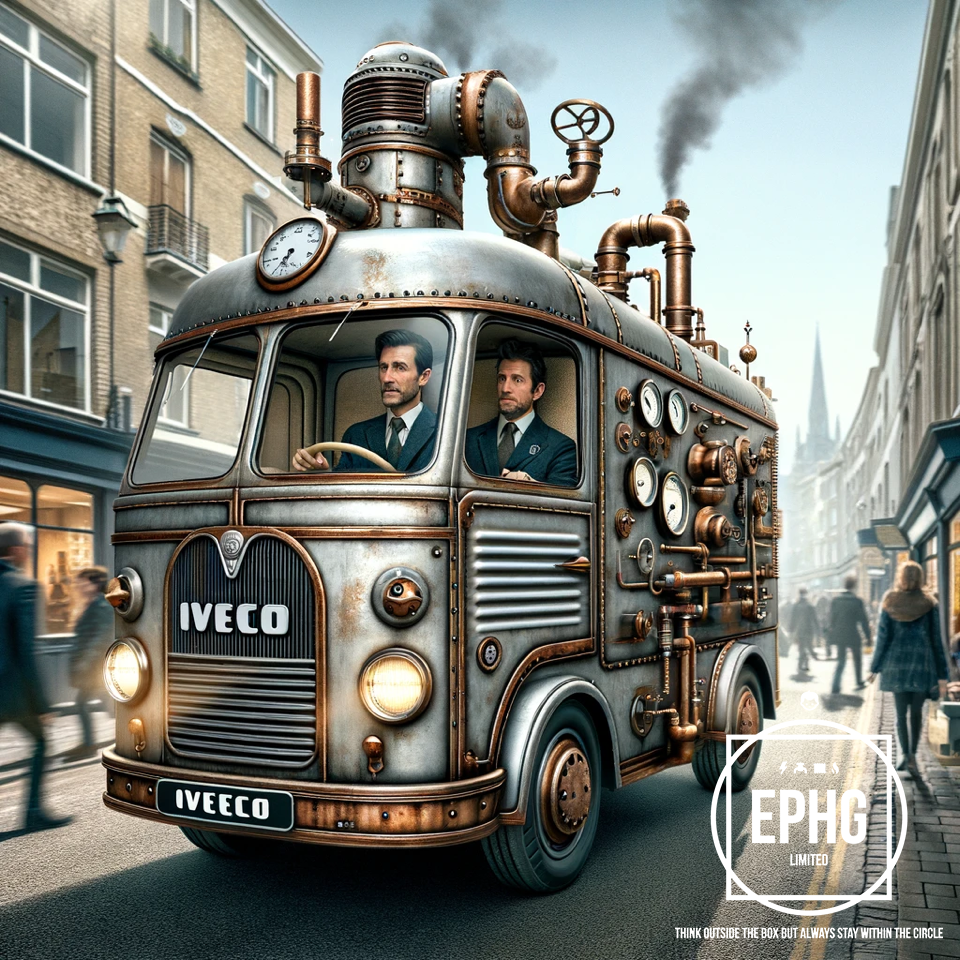
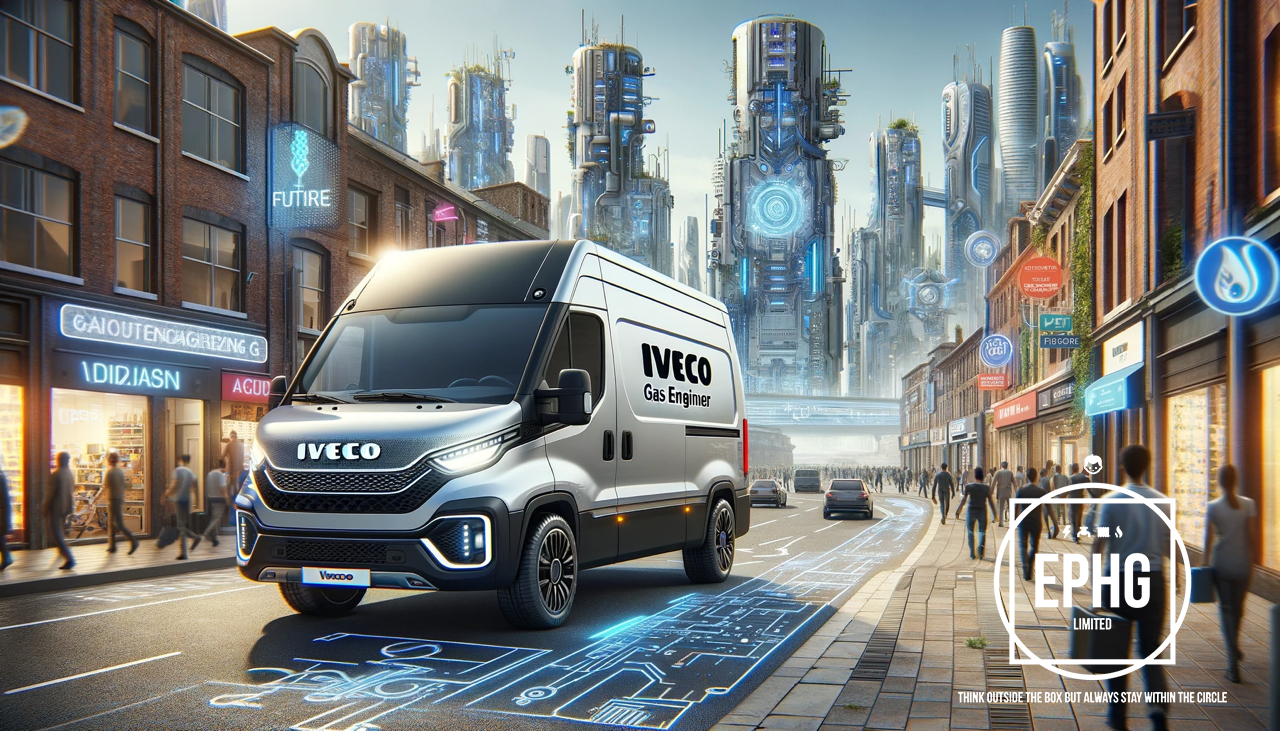
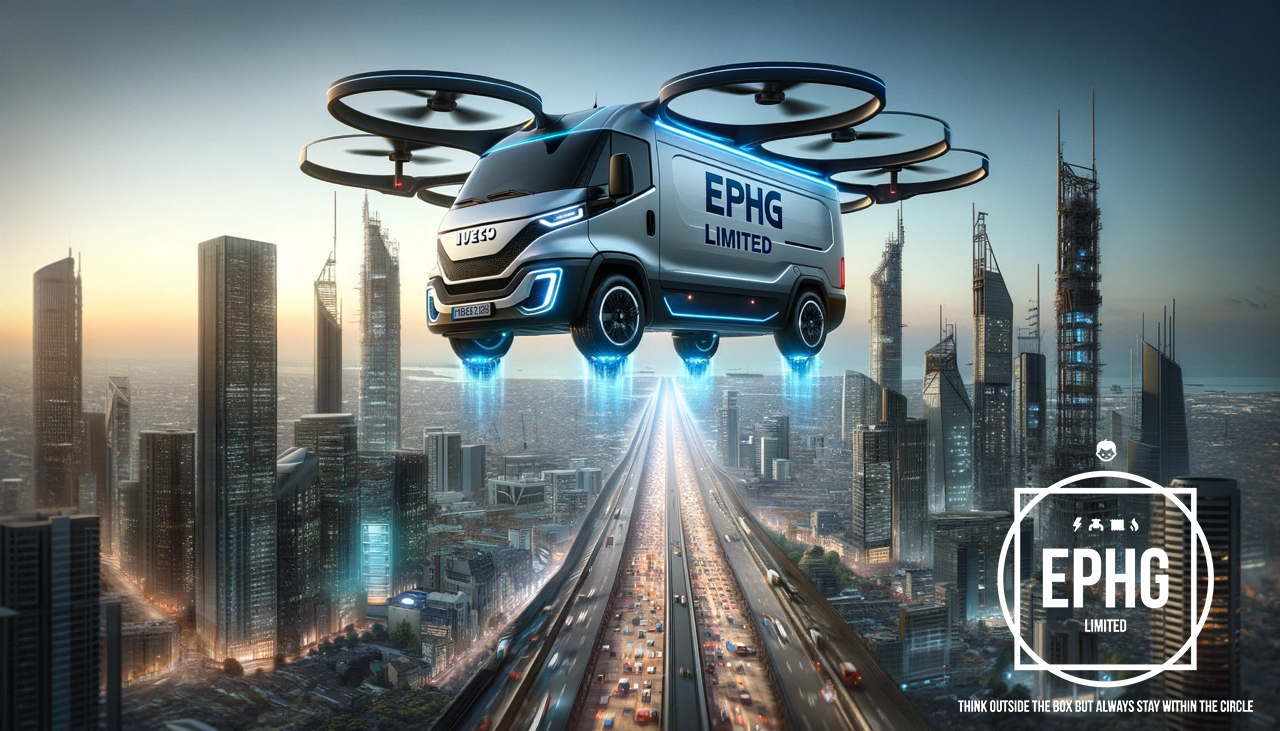
Navigating Through Time: The History of the Iveco Van and Its Impact on Emergency Services
Introduction
The history of the Iveco Van is a fascinating journey through time, marked by innovation, resilience, and adaptability. From the bustling streets of Newcastle to the broader European landscape, Iveco Vans have played a pivotal role in shaping the commercial vehicle industry. This article delves into the origins of the Iveco Van, its evolution over the years, and its indispensable role in emergency services, particularly for gas engineers in urban settings.
The Inception of Iveco
Iveco, an acronym for Industrial Vehicles Corporation, was established in 1975. However, its roots can be traced back to a series of mergers and acquisitions of various European companies, each with its own rich history in vehicle manufacturing. The primary entities that merged to form Iveco were Italian, French, and German brands, each bringing unique expertise and heritage to the newly formed conglomerate.
Innovative Beginnings and Evolution
The early years of Iveco were characterized by a focus on innovation and responding to the diverse needs of the commercial vehicle market. The company quickly gained a reputation for producing robust and reliable vans suitable for a wide range of commercial applications. These early models were the precursors to the modern Iveco vans known today, blending functionality with technological advancements.
The Iveco Gas Engineer Van: A Specialized Utility Vehicle
Among the various adaptations of Iveco Vans, the 'Iveco Gas Engineer Van' stands out as a specialized vehicle tailored for emergency gas engineering services. Envisioned as a mobile workshop, these vans are equipped with tools and equipment necessary for gas engineers, making them a common sight in cities like Newcastle. The design of these vans often resembles a cross between a traditional van and a gas boiler, symbolizing their unique function and reliability.
Emergency Gas Engineers in Newcastle: A Case Study
In Newcastle, a city known for its rich industrial heritage, the Iveco Van has become synonymous with efficiency and dependability, especially in emergency situations when requiring an Emergency gas engineers in Newcastle. Gas engineers rely on Iveco Vans for their durability and versatility, which are critical in urgent scenarios. The city's narrow streets and historical architecture pose unique challenges, which the Iveco Van navigates with ease, thanks to its well-designed maneuverability and robust build.
Conclusion
The journey of the Iveco Van, from its inception to its current status as a staple in emergency services, is a testament to the brand's commitment to quality and innovation. As it continues to evolve, incorporating new technologies and adapting to changing market demands, the Iveco Van remains a trusted partner for professionals across various sectors. Its role in supporting emergency gas engineers in cities like Newcastle highlights the van's significance beyond just transportation - it's a mobile lifeline, essential for the safety and well-being of communities. The history of the Iveco Van is not just a story of a vehicle; it's a narrative about the people and communities it serves, a journey that continues to unfold with each passing mile.
Continuation: Delving Deeper into the Past and Future Concepts of the Iveco Van
Past Concepts: The Foundation of Innovation
The legacy of Iveco Vans is deeply rooted in a tradition of innovative design and engineering excellence. Throughout its history, Iveco has introduced a series of vans that have significantly influenced the commercial vehicle sector.
- The Early Workhorses: In the late 1970s and 1980s, Iveco launched models like the Daily, which became renowned for their robustness and versatility. These vans were designed to handle a variety of tasks, from simple transportation to specialized services, laying the groundwork for future utility vehicles.
- Expansion and Specialization: Over the years, Iveco expanded its range to include larger and more specialized vehicles. The introduction of models like the Eurocargo and Stralis marked Iveco’s entry into the heavy-duty segment, offering enhanced capacity and customizability for diverse commercial needs.
- Focus on Efficiency and Durability: Iveco has always prioritized efficiency and durability. This focus led to the development of vans that were not only tough but also economical to operate. This was particularly important for businesses and services where operational costs were a critical consideration.
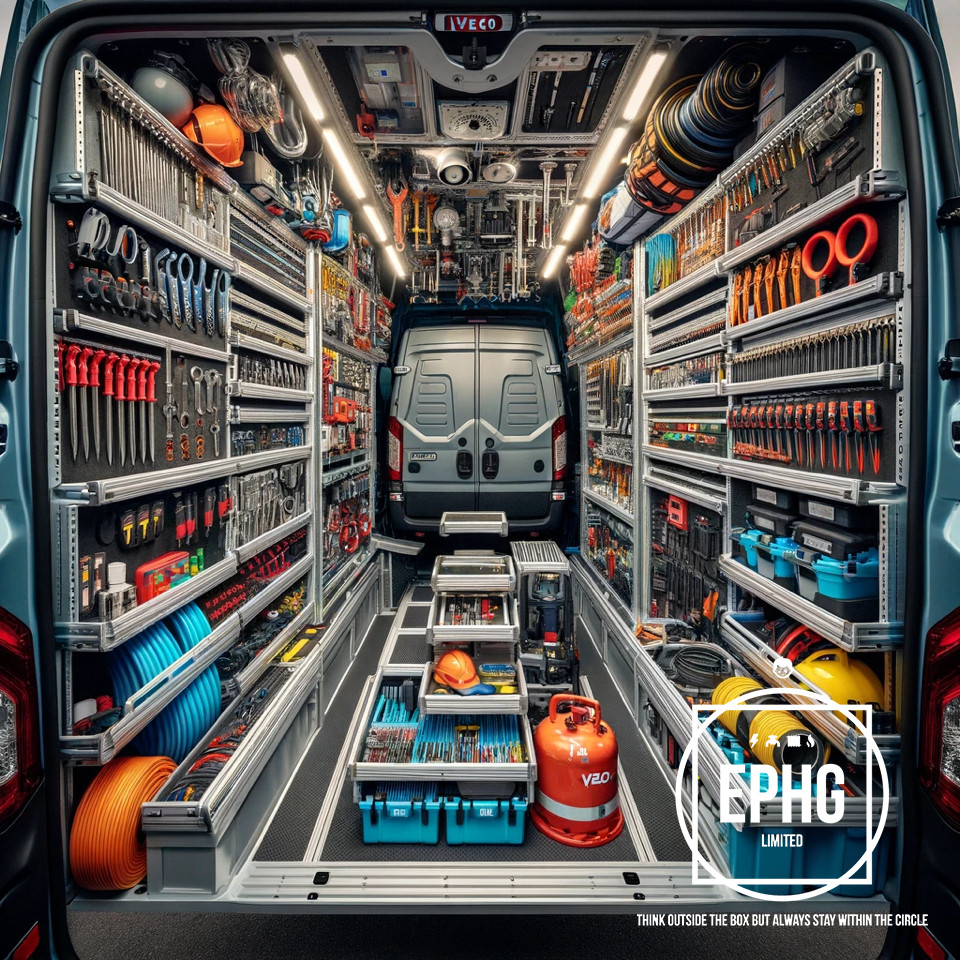
Iveco Gas Engineer Van Racking Ideas
More ideas in other articles below.
Future Concepts: Envisioning Tomorrow’s Iveco Van
As we look to the future, Iveco is poised to continue its tradition of innovation, with a strong focus on sustainability and technology.
- Electrification and Sustainability: In line with global trends, Iveco is moving towards electrification of its fleet. Future vans are expected to be more environmentally friendly, with electric models offering a cleaner alternative to traditional combustion engines. This shift is crucial in urban areas where reducing emissions is a growing concern.
- Advanced Technology and Connectivity: The future of Iveco Vans will likely see an integration of advanced technologies. This includes autonomous driving capabilities, enhanced navigation systems, and IoT connectivity, which will improve operational efficiency and safety, particularly for emergency services like gas engineering.
- Modular and Adaptive Designs: Future Iveco Vans may feature more modular and adaptable designs, allowing for easy customization to meet specific needs. This will be particularly beneficial for specialized services, where the ability to tailor a vehicle to precise requirements is invaluable.
- Enhanced Comfort and Functionality: As ergonomic designs become more important, future Iveco Vans will focus on driver and passenger comfort, along with increased functionality. This will ensure that the vans continue to meet the high standards of utility and comfort that users expect.
Impact on Emergency Services: The Case of Newcastle
The advancements in Iveco Vans will have a significant impact on emergency services, including gas engineers in cities like Newcastle. Enhanced navigation and communication tools, along with more efficient and environmentally friendly engines, will enable quicker and more effective response to emergencies. The adaptability and functionality of these vans will ensure that they remain an essential tool for emergency responders.
Conclusion
The journey of the Iveco Van, from its early models to the futuristic concepts on the horizon, is a narrative of continuous growth and adaptation. Iveco has consistently demonstrated its ability to innovate and respond to the changing needs of its customers. As it embraces new technologies and moves towards a more sustainable future, Iveco Vans will undoubtedly continue to play a vital role in various sectors, particularly in critical services like emergency gas engineering. The history and future of the Iveco Van represent more than just the evolution of a vehicle; they symbolize the brand's commitment to progress, reliability, and serving the community.
Fictional Disclaimer: Kindly be aware that some of the content and images featured in this article are purely imaginative creations by Martin Smith of EPHG Limited. They are not affiliated with or endorsed by the Iveco company. These visual representations are designed to spark your imagination and explore the realm of "what if," offering a unique perspective that blends fiction with the potential of innovation.
